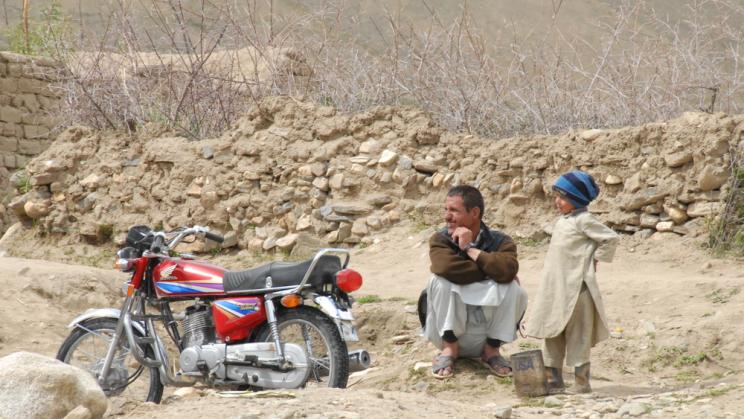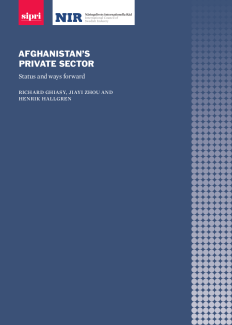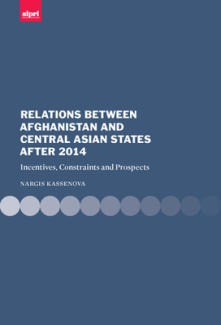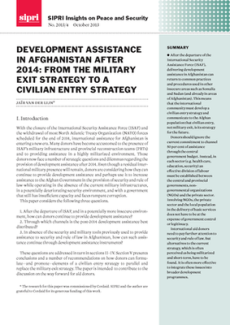Archived research
This page is for historical purposes and is no longer maintained
The state of the Afghan private sector
This project, a scoping study on the private sector’s potential to contribute to security and economic development in Afghanistan, is jointly implemented by SIPRI and the International Council of Swedish Industry (NIR). The project examines the current position and potential of Afghanistan’s private sector in view of the country’s status as a fragile state, the withdrawal of the International Security Assistance Forces (ISAF) and the complete handover of all security responsibilities to the Afghan Government.
The study will take place within the context of Afghanistan’s extremely poor ranking in terms of economic and human development, high levels of insecurity—largely due to an active insurgency and related criminal networks—widespread corruption, a prospering narcotics trade and the limited capacity of many state institutions, all of which can be expected to characterize the initial post-2014 landscape.
The project will identify achievable and realistic long-term objectives and policy recommendations which will benefit Afghanistan’s economic development during the so-called transformation decade (2015–24). In particular, the project will consider the importance of connecting the Afghan Government with sub-national levels of governance. Given Afghanistan’s geopolitical location, consideration will also be given to support for active economic collaboration diplomacy with Afghanistan’s neighbours.
This project is supported by the Swedish International Development Cooperation Agency (Sida).








